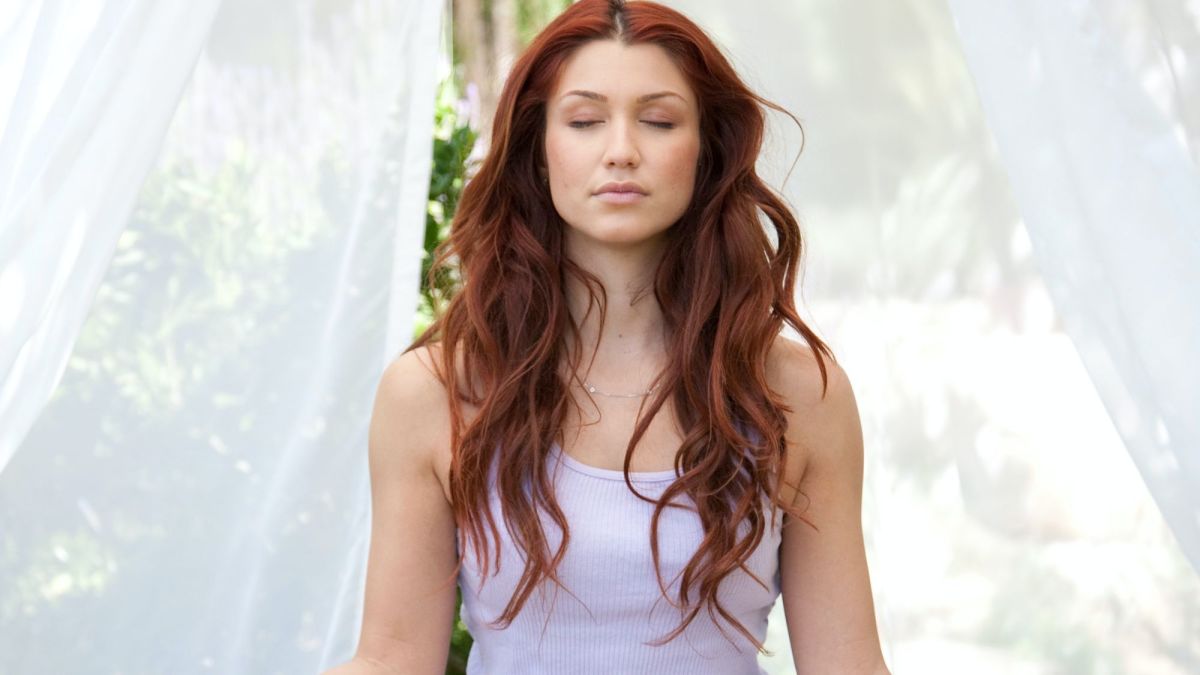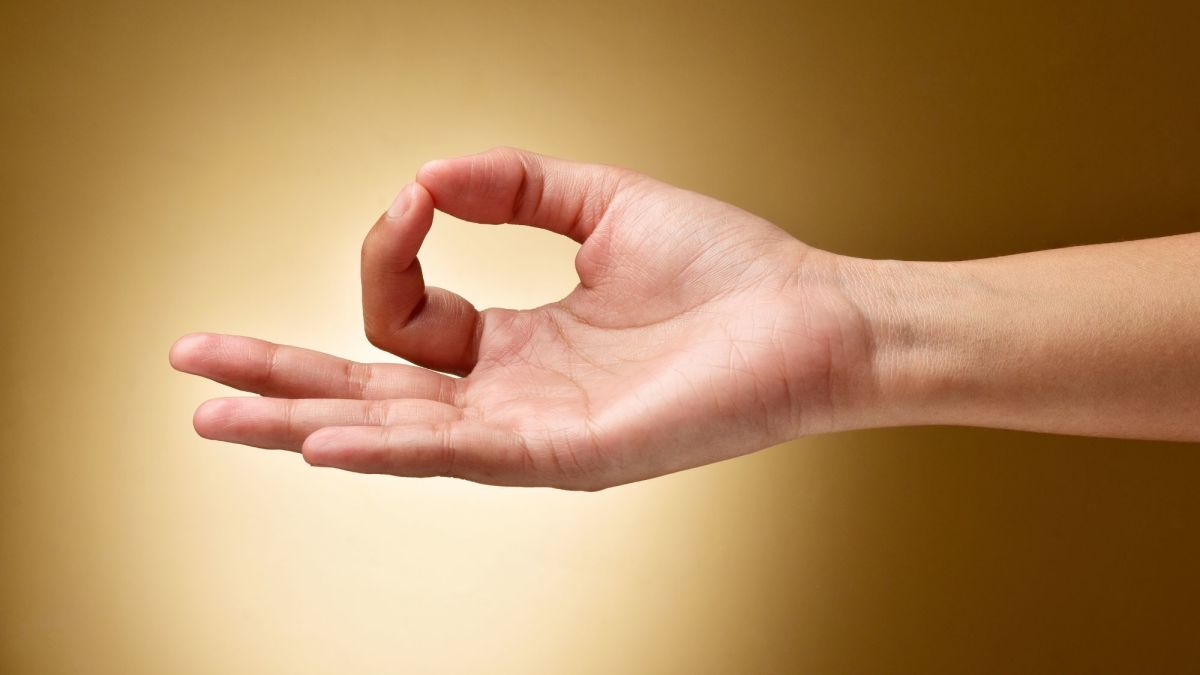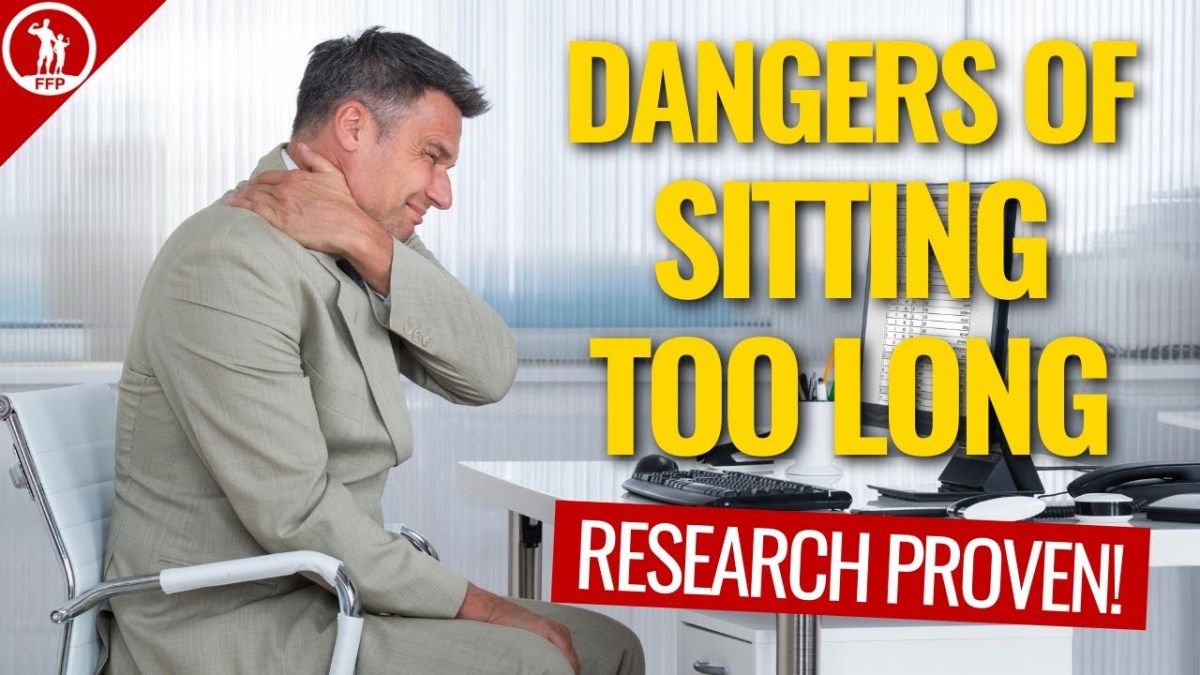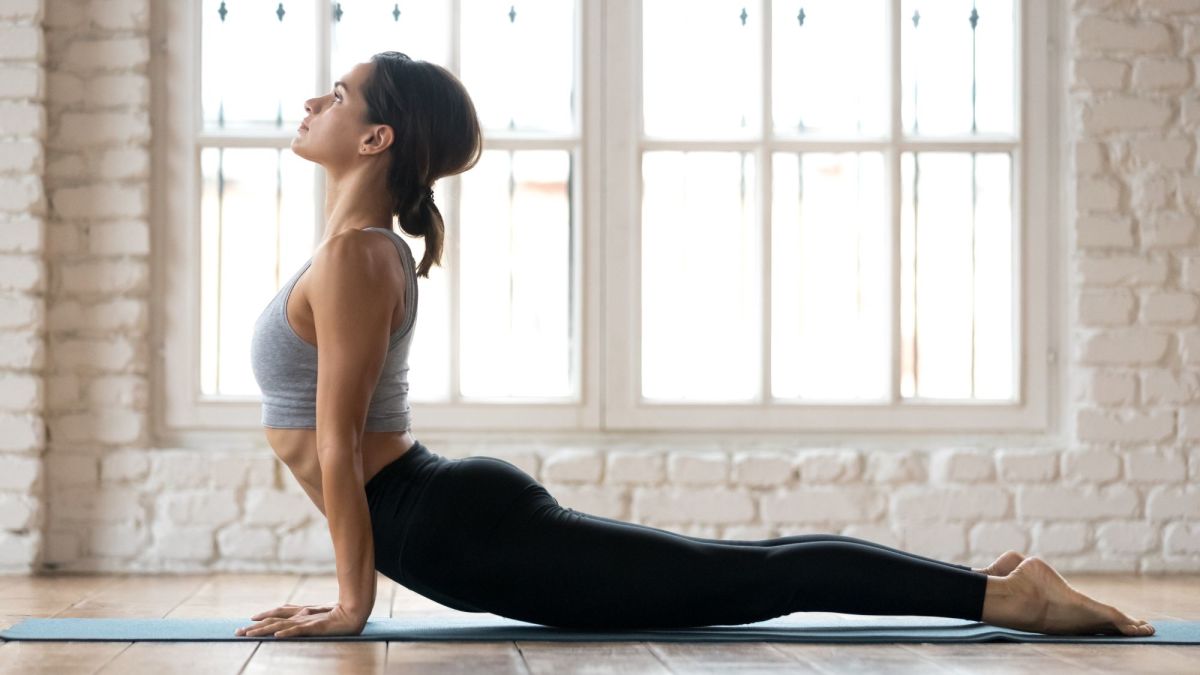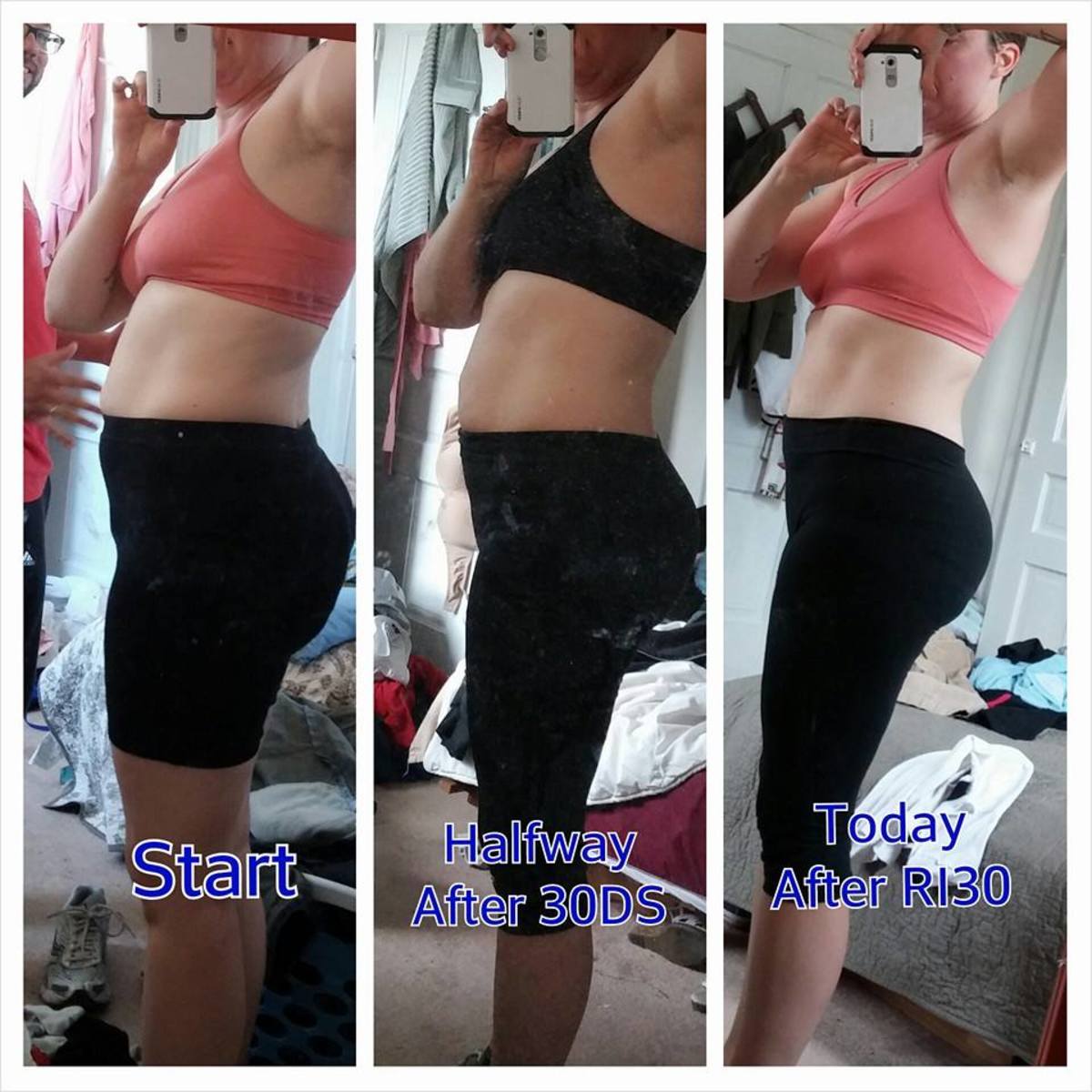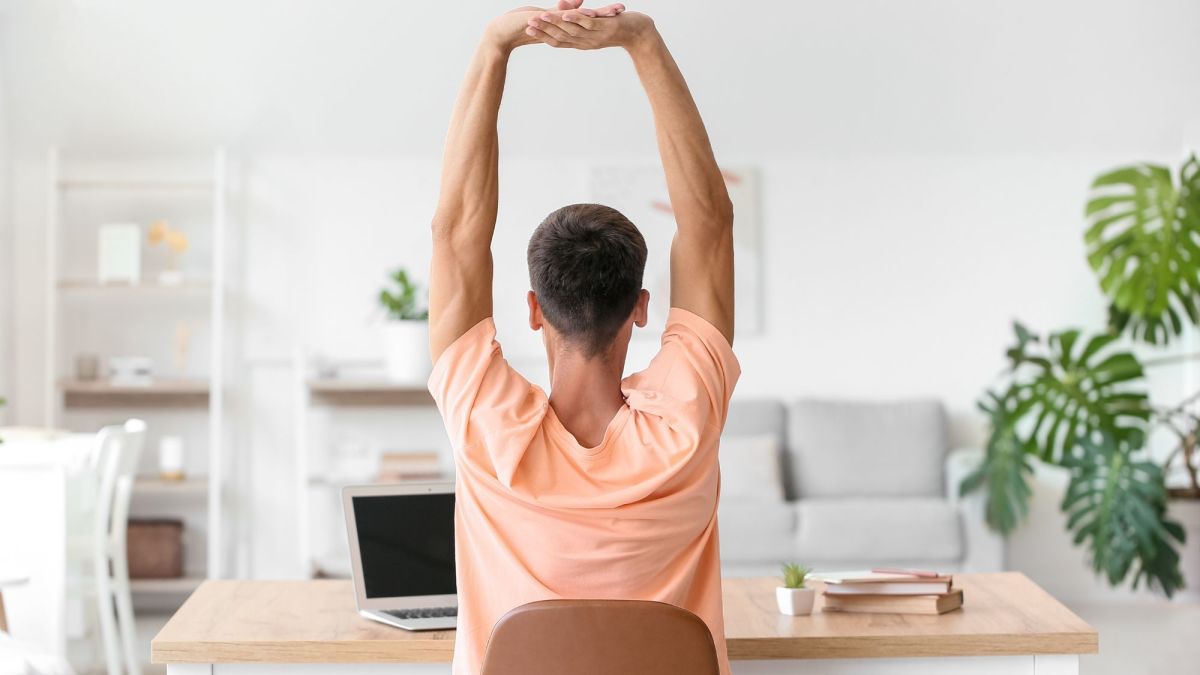The Pinocchio Posture Trick: A Real Girl’s Guide to Standing Tall

I used to slump without knowing. My parents tried repeatedly to get me to stand upright, but I'd slip into bad posture as soon as I focused on something else.
Posture isn't just about appearance or vanity. It mirrors your mood- slouching, for instance, signals disinterest or sadness. Staying in a slouched posture for some time may even make you feel that way.
And so I did.
Then I thought about Pinocchio, and how he wanted to be a real boy.
Being a real boy meant having to stand upright. He couldn't slouch if he wanted to be more than a puppet.
In defense of those (myself included) who forget good posture from time to time, there are reasons it's hard to maintain.
But keep it we must, for standing tall beats standing small.
This article will explain why--and how Pinocchio helped me to stand upright.

To those who find good posture hard to keep, take heart. Poor posture is not an excuse, but there are reasons for it.
Tech use overwhelms us these days, and with artificial intelligence storming the world, we are glued to our phones. So glued that we are half-bent over them. It's hard to stand up straight when someone is sending us a text.
Stress can weigh down those shoulders and put them in a slump. It's easier to stand straight when the cares of the world are put away.
Of course, poor posture can be an old-fashioned, bad habit. When we are not reminded by our family members of friends to stand straight, we forget to do so once we are focused on work, a show, or a scroll.

Standing tall gets rid of the annoying pain that makes your neck feel as though you are being weighed down by a ton of invisible bricks.
You'll be taking bigger breaths and speaking with a clearer voice. You might even start singing as confidently as Mariah Carey!
Standing tall also exercises your core. With your organs less compressed, you will leave room for your intestines to do their job.
Good posture encourages blood flow. You'll be doing your brain and limbs a favour by giving them oxygen.
Besides, with more oxygen in the brain, you'll allow it to work more efficiently.
When your body is aligned, the muscles to support you-- that means that you will come home from work all put out.
Standing tall means less wear and tear on the joints. And that keeps you mobile as you grow older.
Who doesn't like more attention? Standing tall allows you to command that.

I found it difficult-sometimes still do--to make good posture part of my daily routine. But a little effort and ingenuity make it possible to improve.
First, rely on the good, old sticky note. A few in-your-face reminders can help trigger one's Reticular Activating System, and remember to maintain an upright body when walking.
Secondly, make good posture a fun part of your daily routine. Sing a posture reminder while brushing your teeth, for example. Silly as it may sound, it also triggers your Reticular Activating System-- and you've got good posture down pat.
And then, stick it with your other good habits. Check your posture as you stretch. Check your posture as you run. Do it as you walk. You get the point.
Finally, set timers. Check your posture when they go off.
I used to become irritated when anyone tried to get me to correct my posture-- it implied that I couldn't do it myself.
Then I thought about Pinocchio, and how he wanted to be a real boy. Good posture helps us to become real boys or girls.
Here's a quick checklist Pinocchio himself would use to straighten those lackadaisical limbs.
1. Tuck your butt in
2. Tuck your tummy in
3. Draw your shoulders back
4. Put your chest out
5. And look ahead.
Bring this checklist with you whenever you walk. You will find it habitual as you keep to it daily, and before long, you will find yourself looking like a real boy or girl.
Good posture isn't just about appearance or perfection-- it's about awareness. And when in doubt, channel your inner Pinocchio and pull its strings straight.
The Benefits of Standing Tall
This content is for informational purposes only and does not substitute for formal and individualized diagnosis, prognosis, treatment, prescription, and/or dietary advice from a licensed medical professional. Do not stop or alter your current course of treatment. If pregnant or nursing, consult with a qualified provider on an individual basis. Seek immediate help if you are experiencing a medical emergency.
© 2025 Michelle Liew

